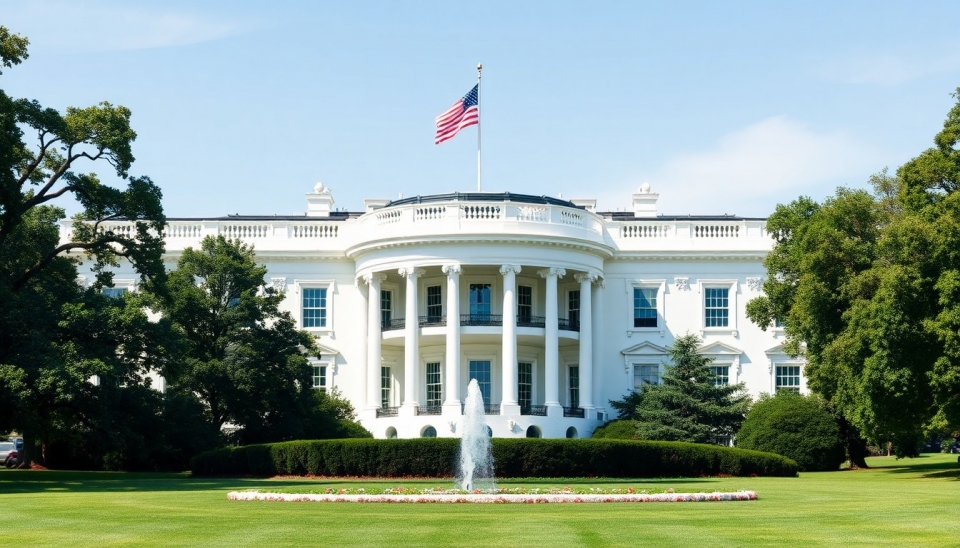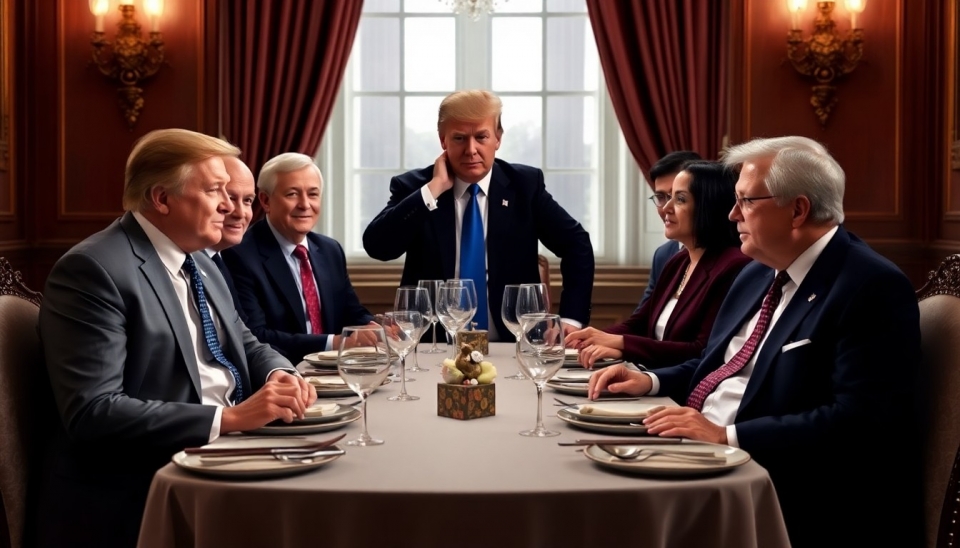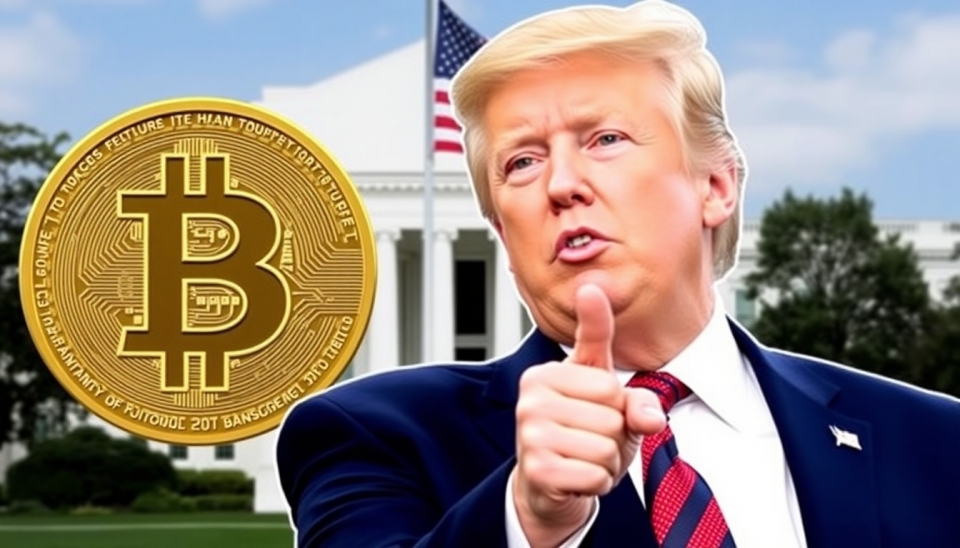
In a significant maneuver reflecting his ongoing influence in the realm of U.S. politics, former President Donald Trump has appointed Gail Slater, a former aide to Senator J.D. Vance, as the leading antitrust prosecutor at the Department of Justice (DOJ). This decision marks a substantial shift in the government's approach to antitrust enforcement, positioning Slater at the helm of one of the most critical legal battlegrounds in the Biden administration.
Gail Slater, who has built a reputation for her staunch conservative views and her background in corporate law, is now tasked with overseeing antitrust investigations and enforcement actions. Her appointment signals a renewed focus on tackling monopolistic practices and fostering competitive markets, a stance that aligns closely with Trump's views on big business and regulation. This move is expected to bring about a transformative approach to antitrust policy, prioritizing the dismantling of corporate conglomerates that are perceived to stifle competition and innovation.
Slater's professional journey has been characterized by her work with lobbying groups and her advocacy for deregulation, which has led to a mixed reception from various stakeholders in the business community. Supporters of her nomination argue that her experience will empower the DOJ to take a more aggressive stance against companies that engage in anti-competitive practices. Conversely, critics voice concerns that her ties to Vance and the Trump administration might lead to decisions that favor certain industries over others, potentially undermining the fairness and impartiality expected from such a pivotal position.
The timing of this appointment coincides with ongoing investigations into major tech companies and large corporations accused of anti-competitive behavior. Under Slater’s guidance, the DOJ may further intensify its scrutiny of these entities, possibly leading to landmark legal challenges that could reshape the landscape of corporate America. Industry analysts are closely monitoring these developments, as they could have far-reaching implications for both market dynamics and corporate governance.
Moreover, Slater's ascension within the DOJ can be seen as part of a broader strategy by Trump to consolidate power within key governmental institutions. This approach aims to ensure that policies and regulations reflect the preferences of conservative constituents, particularly in the face of increasing pressures from progressives advocating for stricter antitrust measures against the tech giants that dominate the market.
As Slater steps into this new role, many are left wondering how her leadership will influence the DOJ's overall antitrust agenda. Will she prioritize aggressive litigation and push for legislative changes, or will she take a more measured approach in addressing concerns about market competition? Only time will tell how this pivotal appointment will unfold in the coming months, but for now, it is clear that Slater's role will be at the center of the ongoing national debate regarding the balance of power between the government and the corporate sector.
In conclusion, Gail Slater’s appointment as the DOJ’s top antitrust cop represents a critical juncture in the fight against monopolistic practices in America. Many will be watching closely as she tackles the challenges ahead in her new position, shaping the future of competition within the U.S. economy.
#Trump #Antitrust #DOJ #GailSlater #Politics #CorporateLaw #JDVance #AntitrustPolicy #Deregulation #BigTech
Author: Liam Carter




